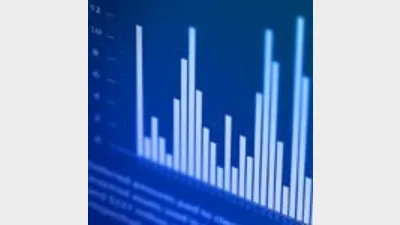Not all ETFs are the same



Research house van Eyk has discovered a common misconception in the market that all exchange-traded funds (ETFs) are the same, when in fact different structures, strategies and index methodologies are evident.
The researcher has published its Australian Shares ETF Review 2011, which lead analyst James Armstrong said revealed a number of diverging characteristics across what many may consider similar strategies.
“In particular, differing bid-ask spreads, NAV premium/discounts and degrees of overall liquidity were evident,” Armstrong said.
“These features can result in investment costs that are significantly different from what could be assumed based on only the stated management fee.”
Different structures, strategies and index methodologies can also result in significantly different levels of expected tax efficiency, Armstrong said.
Van Eyk’s ETF Review covered three broad cap, two large cap, one small cap and three high dividend income ETFs, with only two receiving a ‘recommended’ rating.
The overall ratings considered secondary market transaction costs, fund liquidity and tax efficiency, along with the investment process, people and business management.
The review also found that ETF-based income strategies struggled to provide an overall competitive product offering.
“While most income-based ETF products attempt to provide a higher level of tax efficiency, they generally have higher turnover and do not clearly address the issue of different investor tax rates and therefore can engage in practices that maybe detrimental to certain classes of investors on an after-tax basis,” the researcher stated.
Recommended for you
Financial advisers have expressed concern about the impact including private market exposure is having on their tracking error budget, according to MSCI.
State Street will restrict its membership of global climate alliance Net Zero Asset Managers after the organisation dropped its flagship 2050 goals amid ESG backlash from the US.
Betashares has launched a global shares and a global infrastructure ETF as part of the firm’s strategic expansion strategy to support financial advisers in building more diversified portfolios.
Global asset manager Janus Henderson could be acquired after receiving a non-binding acquisition proposal jointly from a private investment firm and venture capital firm.











